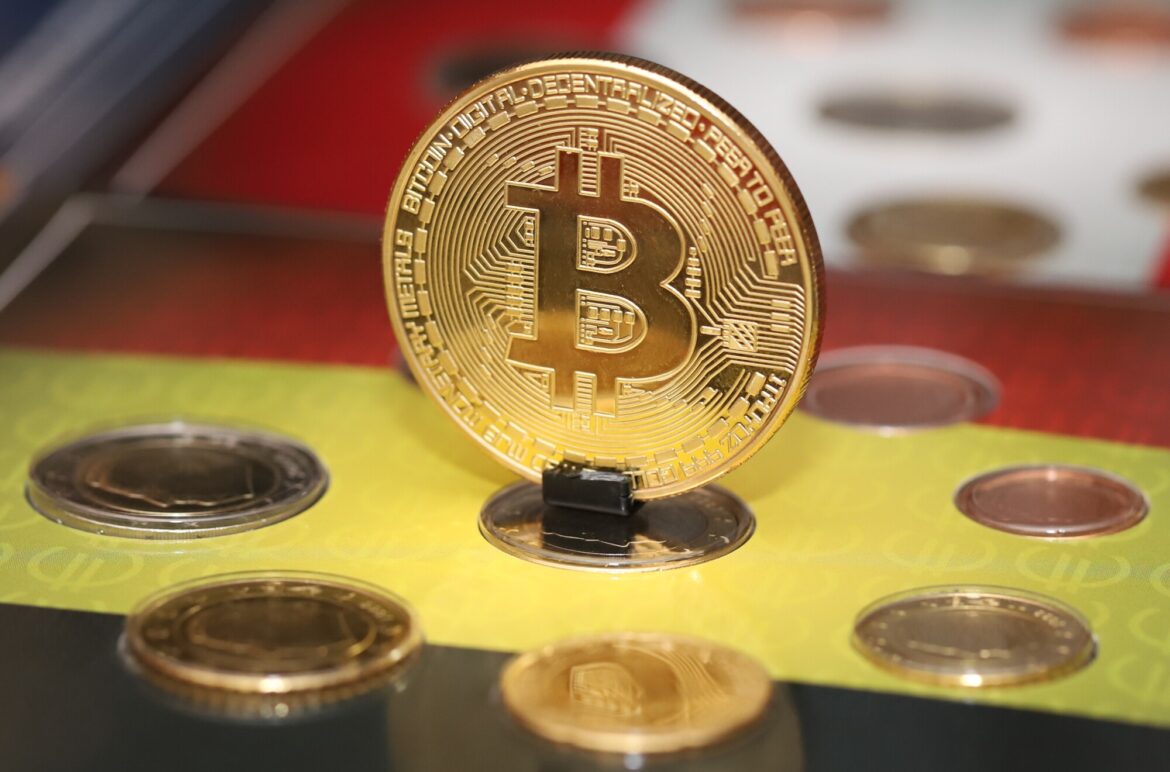10 Ways to Make Cryptocurrency Transactions
So, you’re thinking about getting into the world of cryptocurrency?
That’s fine—maybe you’ve heard about Bitcoin, and Ethereum, and Dogecoin, and all the rest. Crypto is very popular these days, and whether or not it’s the next big thing, or a total bust, it’s attracting a lot of attention.
But before you do anything, you’ll need to learn about the different types of cryptocurrency transactions. Whether you’re interested in making or receiving crypto payments, or investing in crypto, a firm knowledge of how cryptocurrency transactions work is a must.
So, let’s look at ten different ways that you can make crypto transactions.
1. Buying Cryptocurrency
First up on our list of cryptocurrency transactions is the simplest and most basic: outright buying of crypto.
Unfortunately, you can’t just get cryptocurrency like a cash-back option at the local supermarket…at least not yet. So there are a few steps to take.
You need to begin by having a crypto wallet, which is where you’ll store your digital currency. You’ll also have to have an account with a cryptocurrency exchange.
Then it’s a matter of deciding on which cryptocurrency you want to buy. Currently, the price of bitcoin is hovering around $43,000, which is a bit steep. But you can buy fractional amounts—the smallest is a Satoshi, 1/100 millionth of a Bitcoin.
2. Crypto Exchange
Another form of cryptocurrency transaction is to simply exchange one cryptocurrency for another.
This is a fairly common form of crypto transaction, and just about every cryptocurrency supports these kinds of exchanges. As an example, at current (September 2021) prices, you could exchange a single Bitcoin for about 14 Ether.
3. Bitcoin Casino
Crypto casinos of various kinds have become increasingly popular as cryptocurrencies have come into vogue.
And this means that a Bitcoin casino has become a popular method of making cryptocurrency transactions. Gambling, of course, will always have an enthusiastic following, and this makes it a worthwhile area to engage in crypto transactions.
Most Bitcoin casinos support many different forms of cryptocurrency in addition to Bitcoin—including Ether, Litecoin, Dogecoin, etc.
4. Mining
It turns out that mining is the very first transaction in a cryptocurrency’s life cycle.
Crypto mining is the application of raw computing power to the solution of complex encryptions, which verify a transactional “block” on the cryptocurrency blockchain. And for those engaged in crypto mining, the payment is in cryptocurrency.
So mining is about the only way you can acquire crypto without outright paying for it yourself. On the other hand, it demands the use of extremely expensive and energy-intensive hardware, which is now out of reach for most casual consumers.
5. Cashing Out
Another common form of cryptocurrency transaction is the simple cash out.
This is a straightforward transaction, where you sell whatever crypto holdings you possess for US dollars or any other fiat currency of your choosing. The transaction means you’ll be remunerated for whatever the crypto is worth at that time. You may also be on the hook for certain tax liabilities.
These days, Bitcoin ATMs are a convenient and popular way to cash out your crypto holdings, and there are also certain banks that allow cryptocurrency transactions.
6. Forking
It sounds dirty and possibly painful, but forking is a potential transactional route in the world of cryptocurrencies.
A fork occurs at the intersection of a fundamental change in the nature of a cryptocurrency. This is what happened with Bitcoin and Bitcoin Cash, where a “hard fork” resulted in blockchain changes that created divergent cryptocurrencies.
This is a rare occurrence, and not one to be counted on. In the case of the above example, however, the hard fork resulted in one Bitcoin Cash token handed out for every Bitcoin.
7. Transfer Between Wallets
Transferring cryptocurrencies between wallets is a very common form of crypto transaction.
The most frequent wallet transaction involves payments between individuals, necessitating the transfer of crypto from one wallet to another. All that’s needed to make the transaction is to have the address for the destination wallet, or you can send the crypto payment via email.
8. Darknet Transactions
Okay, this one might not be common for the average crypto enthusiast.
Obviously, this one isn’t encouraged. Not all transactions on the shadowy Darknet are necessarily illegal, of course, but it is called the Darknet for a reason. Illicit drug and arms sales are common, and cryptocurrencies like Bitcoin and Monero are the coins of the realm.
Can you track cryptocurrency transactions? For the time being, the answer is no, and this forms a large part of crypto’s attraction for black marketeers.
9. Money Laundering
Again, not the most legal cryptocurrency transaction.
Nevertheless, it’s a fact that money laundering is a common form of crypto transaction. The money marked for laundering is converted into a cryptocurrency, and then transferred to countries with weak money laundering laws.
Obviously, this is a transaction type that incurs the ire of governments and law enforcement agencies and contributes to some of the atmosphere of ill repute that clings to cryptocurrencies.
10. Speculation
Finally, we come to speculation.
Cryptocurrencies are the perfect monetary instrument for speculators. The volatility of these digital currencies means price fluctuations are common, and therein lies an opportunity to make money.
The belief that tanking cryptocurrencies will rise again keeps speculators coming back for more.
Know Your Cryptocurrency Transactions
These are some of the major cryptocurrency transactions that occur today.
In many ways, they’re similar to regular financial transactions. But some of the transactions indicate the very unusual nature of digital currencies.
We hope you enjoyed this article. If you’re looking for more business and money management advice, please check out the rest of the blog!




